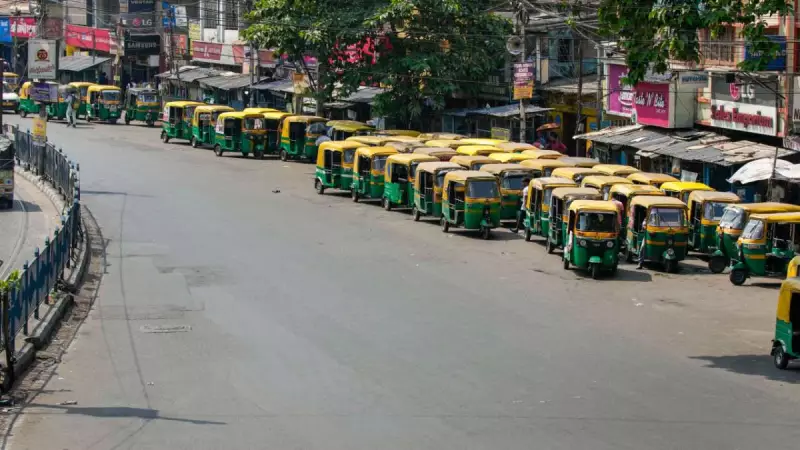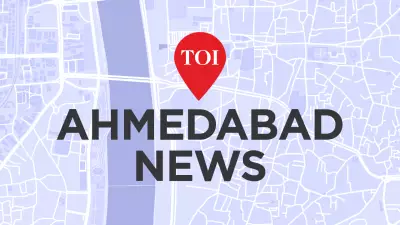
In a decisive move to combat worsening air quality, the Uttar Pradesh government has imposed an immediate ban on diesel-powered autorickshaws across several key districts in the National Capital Region. The sweeping restriction affects Noida, Ghaziabad, and other urban centers grappling with severe pollution levels.
Comprehensive Ban Across Multiple Districts
The ban encompasses diesel autos in Gautam Buddh Nagar (Noida), Ghaziabad, Hapur, Bulandshahr, Baghpat, and Meerut. This coordinated action comes as authorities implement the revised Graded Response Action Plan (GRAP) to address the critical air pollution situation in the region.
According to official notifications, the prohibition took effect immediately following the government's announcement. The timing coincides with the implementation of Stage III measures under GRAP, which are triggered when air quality deteriorates to 'severe' levels.
Strict Enforcement and Monitoring Measures
Local authorities have been directed to ensure strict compliance with the ban. Transport department officials and police teams have established checkpoints at strategic locations to prevent diesel three-wheelers from operating on city roads.
The enforcement drive includes heavy penalties for violators, with authorities conducting regular inspections across major transportation hubs and arterial roads. Special attention is being given to areas near metro stations, bus stands, and market complexes where auto-rickshaws typically congregate.
Impact on Public Transportation and Alternatives
While the ban aims to reduce vehicular emissions, authorities acknowledge the potential disruption to public transportation. Commuters are being encouraged to use electric autos and CNG vehicles as cleaner alternatives. The government has assured that adequate arrangements are being made to maintain mobility options for residents.
Transport officials emphasize that the restriction applies specifically to diesel-powered three-wheelers, while CNG and electric variants continue to operate normally. This distinction aims to balance environmental concerns with the need for affordable public transport.
The air quality crisis has prompted this strong response from the Uttar Pradesh Pollution Control Board, which has been monitoring pollution levels closely. Recent data shows consistently poor air quality indices across the NCR region, necessitating immediate intervention measures.
Environmental experts have welcomed the move, noting that diesel vehicles contribute significantly to particulate matter pollution. However, they also stress the need for complementary measures addressing other pollution sources, including industrial emissions and construction dust.
The ban is expected to remain in force until air quality shows substantial improvement and authorities deem it safe to relax the restrictions. Regular reviews will determine the duration of these measures based on real-time air quality monitoring data.





